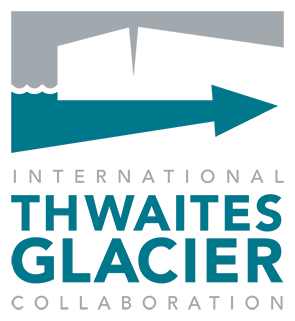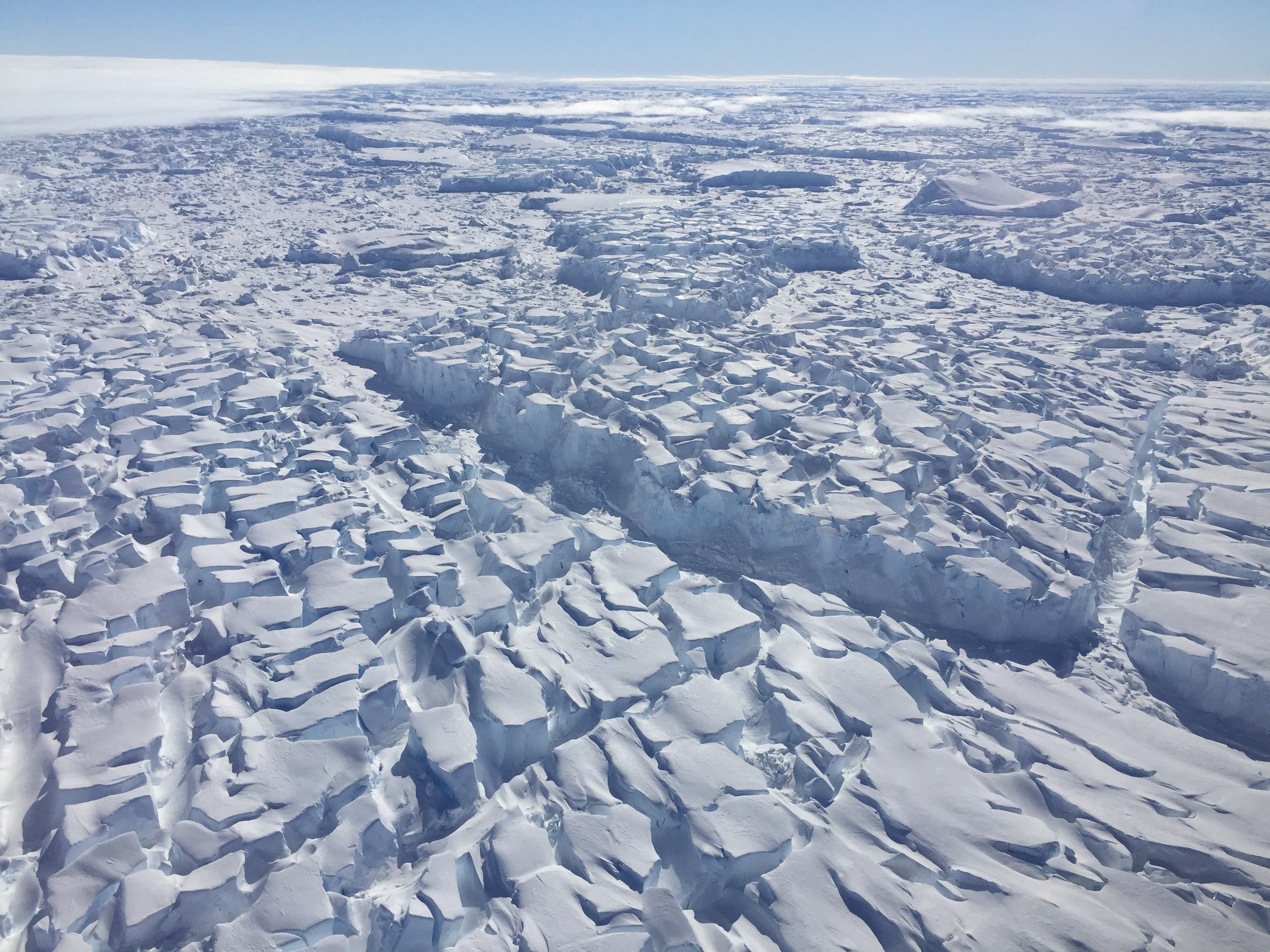Between 2018 and 2025 UK and US scientists collaborated to investigate one of the most unstable glaciers in Antarctica, the Thwaites Glacier, roughly the same size as Florida or Britain. Learn more about the mission.
Findings
Change to Thwaites Glacier in West Antarctica, sometimes referred to as the “Doomsday Glacier”, over the coming decades and centuries will have profound implications for global sea-level rise and coastal communities around the world. Over the past seven years, our research on the glacier has unveiled a complex and rapidly changing environment.
Thwaites Glacier’s retreat has accelerated considerably over the past 40 years. Although a full collapse is unlikely to occur in the next few decades, our findings indicate it is set to retreat further, and faster, through the 21st and 22nd centuries, and general collapse of the West Antarctic Ice Sheet over this timeframe cannot be ruled out. Further research is urgently needed to refine this timeline.
Immediate and sustained climate change mitigation (decarbonisation) offers the best hope of delaying this ice loss and avoiding initiation of similar unstable retreat in marine-based sectors of East Antarctica.







